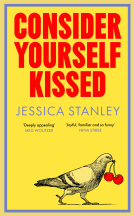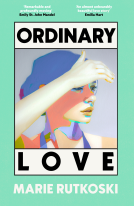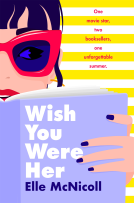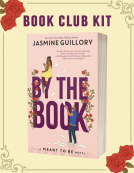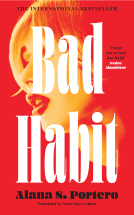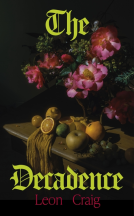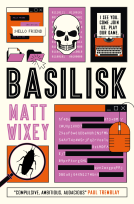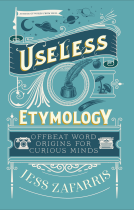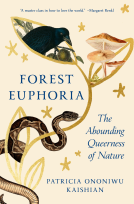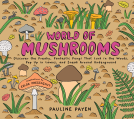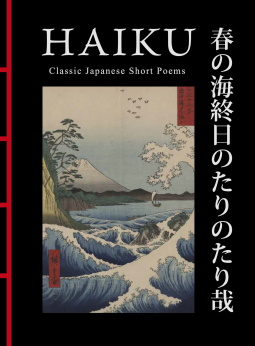
Haiku
Classic Japanese Short Poems
by Basho, Buson, Issa & Shiki
This title was previously available on NetGalley and is now archived.
Send NetGalley books directly to your Kindle or Kindle app
1
To read on a Kindle or Kindle app, please add kindle@netgalley.com as an approved email address to receive files in your Amazon account. Click here for step-by-step instructions.
2
Also find your Kindle email address within your Amazon account, and enter it here.
Pub Date 14 Aug 2024 | Archive Date 25 Jul 2024
Amber Books Ltd | Amber Books
Talking about this book? Use #Haiku #NetGalley. More hashtag tips!
Description
Available Editions
| EDITION | Other Format |
| ISBN | 9781838864828 |
| PRICE | £19.99 (GBP) |
| PAGES | 96 |
Links
Available on NetGalley
Featured Reviews
Haiku is a collection of new English translations of Japanese haiki by four classic authors—Basho, Buson, Issa and Shiki—that sit alongside the Japanese version and a transliteration. The poems are beautiful, snapshots that sometimes feel timeless and other times deeply within a particular time, but it is the format that really makes this book. For a beginner learning Japanese who also writes and reads poetry, this is a great format to be able to read haiku, enjoying both reading the translation and sounding out the original (including furigana for the kanji). For people who don't know Japanese characters, the transliteration will allow people to try reading the poems aloud in Japanese, which is nice, so the format with all of these versions together on a page makes it accessible to a broad audience. This was a great way to first properly encounter Japanese haiku.
